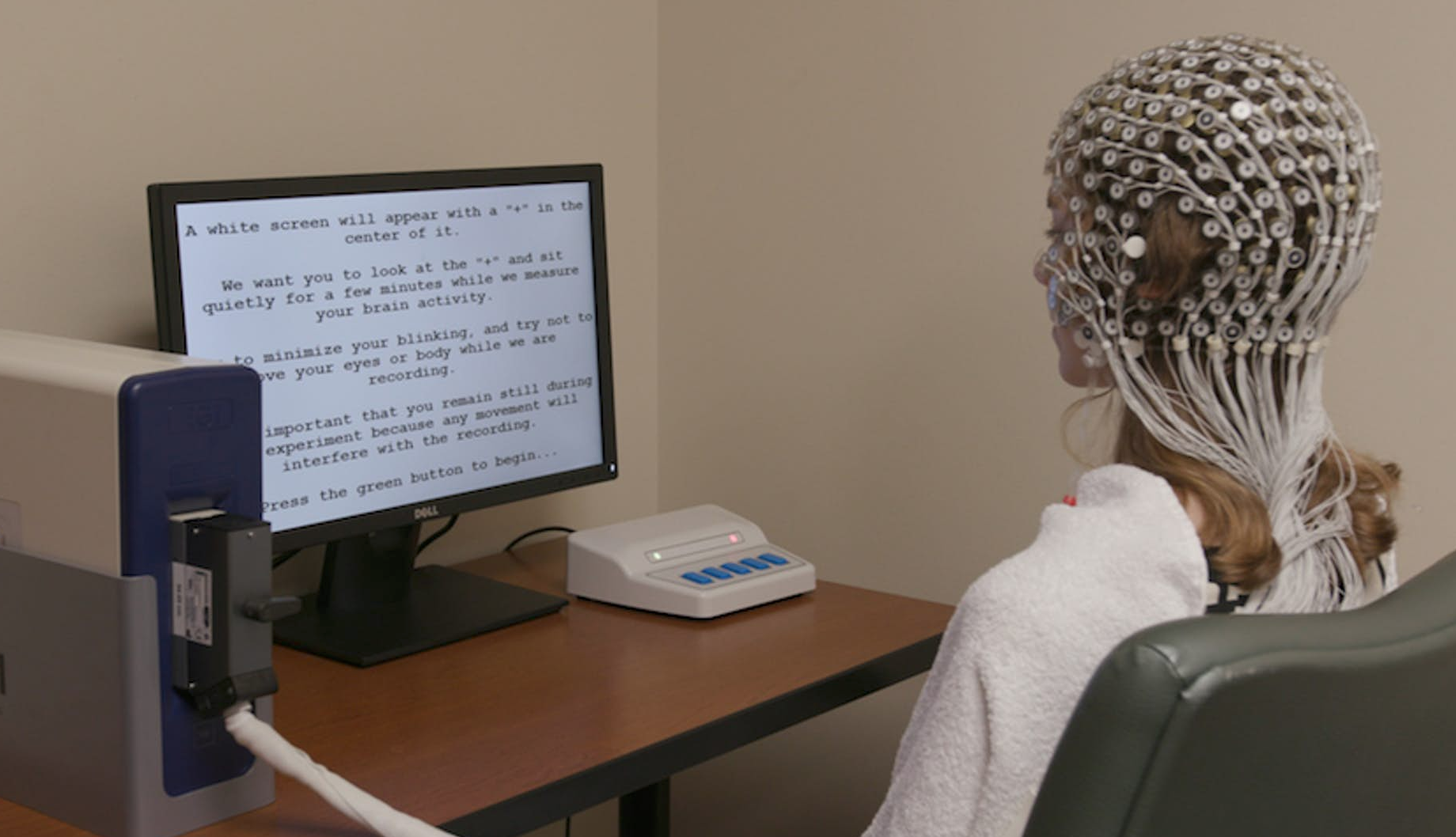UT Southwestern researchers are using EEG to determine whether an SSRI would effectively treat a person’s depression.
Part of the EMBARC project, the study tracked 300 depressed patients who were given an 8 week course of an SSRI or a placebo. EEG recordings were taken before and after the trial. Higher rACC theta activity before treatment corresponded with greater treatment response to the antidepressant.
Join ApplySci at the 9th Wearable Tech + Digital Health + Neurotech Boston conference on September 24, 2018 at the MIT Media Lab. Speakers include Roz Picard – George Church – Poppy Crum – Nathan Intrator – Roozbeh Ghaffari – John Mattison
